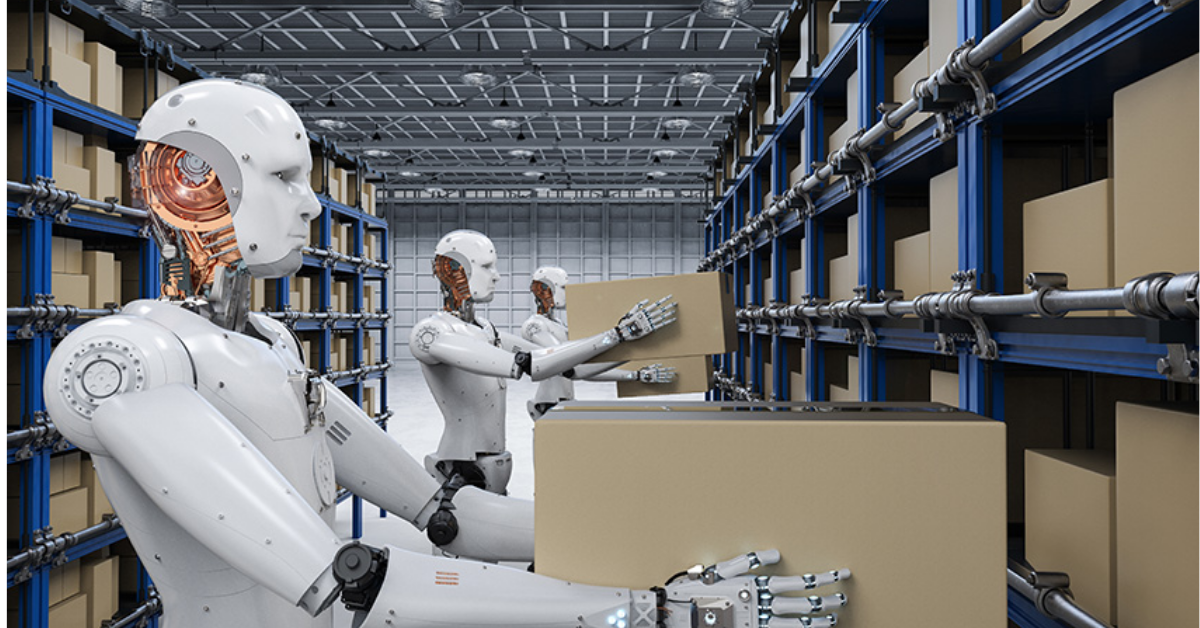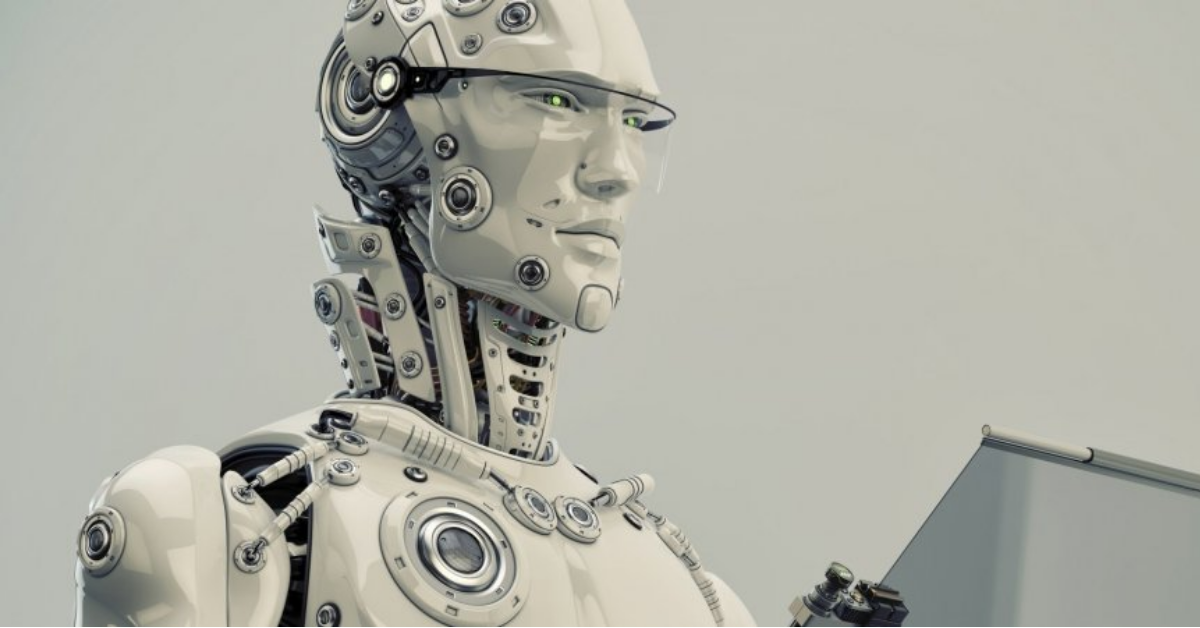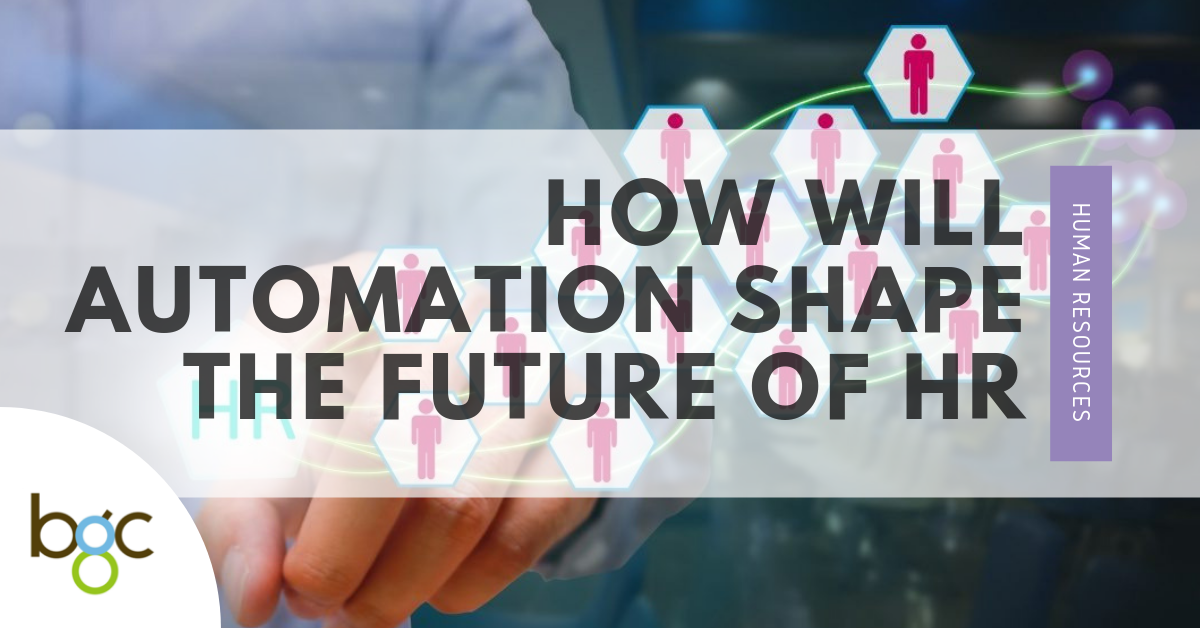Automation or artificial intelligence (AI) is taking the world by storm and it has received different reactions from employees across the world.
Just the mention of automation taking over the human workforce has sparked anxiety for many because it might mean redundancy, unemployment, and lay-offs. However, “will the workforce of the future really be dominated by robots?”
Perhaps not, though there is no doubt the future of automation is here and will continue to disrupt job positions across all industries. In this digital age and an increasing preference for temporary contract jobs amongst employers, there are very few positions remaining that Singaporeans could now call "iron rice bowls".
What can automation already do for HR systems today?
.png)
HR automation is the procedure of improving the efficiency of the HR function through eliminating tedious tasks. This allows HR staff to focus on more value-driven, complex tasks such as strategising and decision-making.
Automation takes care of many of the administrative and mundane tasks such as timesheet approval and reporting processes. Not adopting a modern HR system to handle manual tasks causes a slow down in productivity, especially when tasks are performed manually. Administrative tasks include the filing of confidential documents, creation of secure employee records, and so much more.
Here are examples of some HR tasks where automation has already worked its magic:
Predicting workforce trends by measuring employee engagement, work culture, and problematic areas
Reducing human bias by executing employee assessments with unprejudiced, regular performance appraisals
Simplifying recruitment with an ATS (Applicant Tracking System). It can screen through and analyse many resumes based on location, keywords, expertise, and qualifications
Solving HR-related queries such as the application of leave, completing employee data, simulating a conversation with users on the internet
Managing employee records according to government regulations in the repository.
Automation also reduces the need for paper-specific tasks like gathering written signatures and making photocopies. By automating repetitive and standardised HR processes, organizations can greatly reduce time and costs in the long run.
Will automation ever replace the role of HR?

Will the day where automation displace workers from their roles and positions come? Is it actually possible for automation to completely replace humans?
While technology like artificial intelligence and machines can perform repetitive tasks quicker, no doubt more accurately than us humans can, it does lack the flair of the unique human ability to listen and cater to the needs of each individual. At BGC Group, our recruitment specialists and account managers are trained to listen and look out for the pain points of our clients and candidates. (Check out our testimonials here.)
A robust automation system will operate on algorithms that require billions of data input to discern between and learn from patterns. Then, they make predictions based on whatever results they have collected. The learned protocol of the machine may only suggest one approach, but an employee who is an expert at what they do and knows when subtleties are required and when to adjust and tweak accordingly.
How can HR professionals brace themselves for the future?
We are are predicting that automation would change the roles of HR generalists who presently deal with repetitive and mundane transactional tasks in a large part of their day to day work. That said, more HR staff would be directed to perform more analytical functions that lead back to achieving organisational goals. For example, growing employee productivity, increasing staff engagement, and strategising workforce training & development.
Another way companies can better maximise the scope of existing HR team members would be to outsource any time-intensive, non-core competencies to free up their job scope. One such function would be the company’s payroll (time attendance, expenses, and claim, leave, pay matters, etc) as it can be a really sticky process to handle and many companies have turned to payroll outsourcing.
Another broader, umbrella term that payroll outsourcing falls under is called Business Process Outsourcing (BPO). This is relevant as well if your finance team handles this aspect of employee payrolling.
Similarly, it is also the outsourcing of non-core competencies to experts. Check out this article for the full breakdown of BPO.
Now that the non-core processes are being taken care of, these HR professionals now have time to upskill themselves. As technology advances, the skills of HR executives should, too. Signing up for workshops is one way to improve themselves and avoid being displaced by automation.
See also: Skills Framework for Human Resources
The impact of automation, in a nutshell.

Automation is perfect for carrying out repetitive tasks that are data-centric like providing insights based on patterns recognised and even address high-frequency issues with humans. However, for tasks that demand innovation, creative thinking, leadership, and critical analysis? As far as we know, the algorithm will only run explicitly as instructed and is subjected to the programmer’s influence. It will run predictions because the system has been coded to do so, but it will not decipher the reasoning behind it.
The future of how far technology is unpredictable and is likely to displace many HR jobs and functions in the future. Nevertheless, complex human interaction is still required in HR and it will likely prevent automation from gaining total control; human resources is an industry that is highly unlikely to ever be fully automated. Therefore, you can start expecting a future world of HR where automation and human beings work hand in hand.
BGC Group, established since 2005, is dedicated to working with candidates and clients from all walks of life no matter race, ethnicity, age and many more, staying true to our vision of Bridging & Growing Careers Because We Care.
Get in touch with BGC Group an Employer or a Job Seeker!
Last updated by BGC Group on 7 January 2021.
Recommended Reads:
Businesses Need to Be Digital, And HR Must Adapt
What can HR Managers do to weather this pandemic induced global recession?
